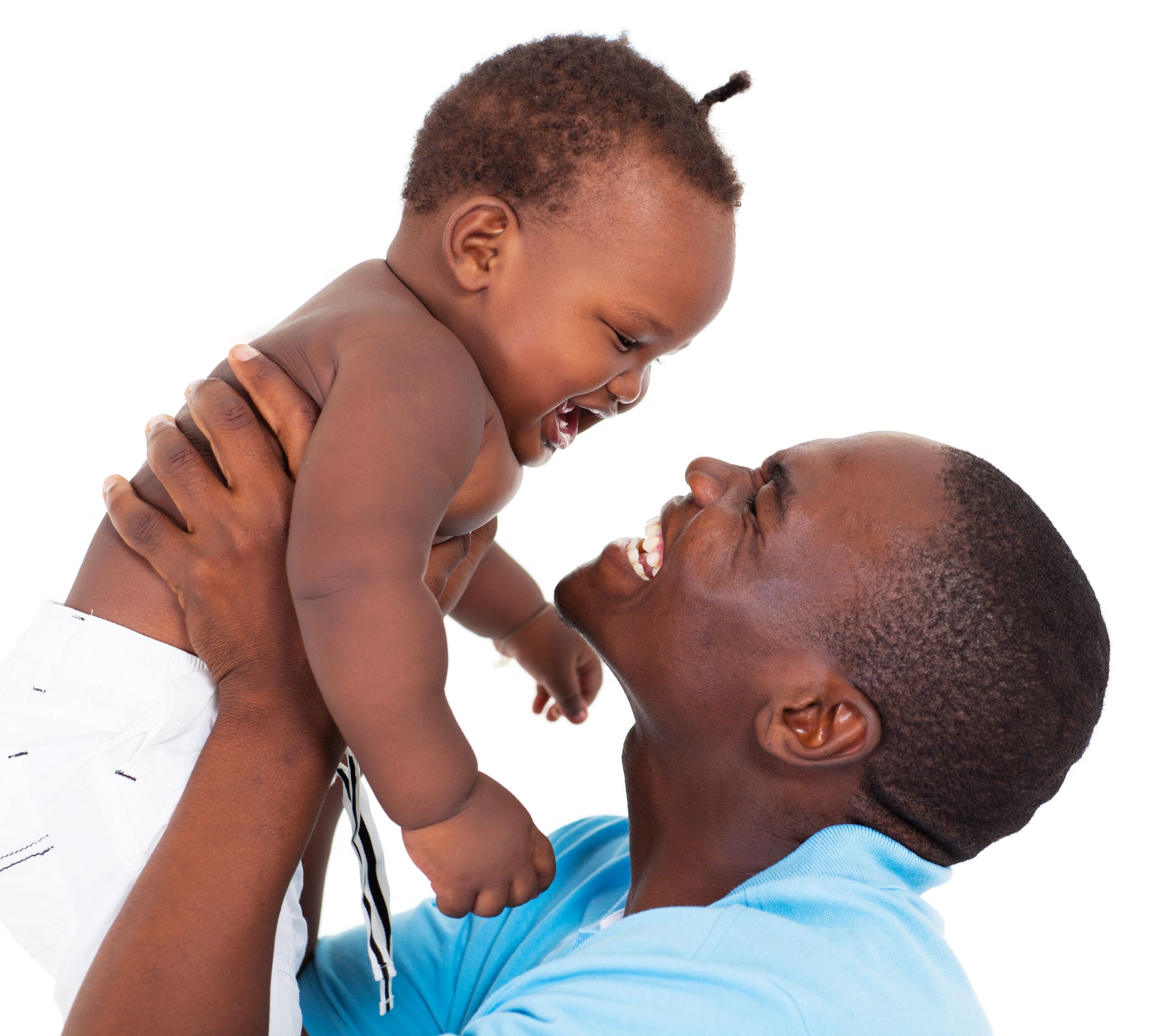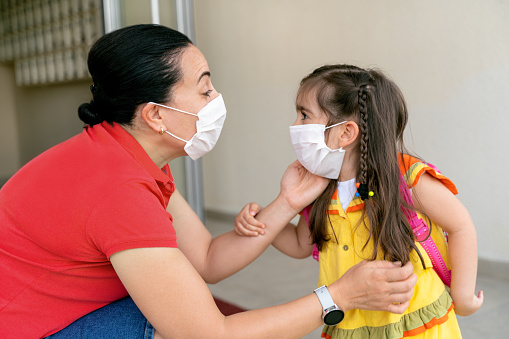Why is this connection with your child important?
Healthy, secure attachment is directly linked to long-term positive emotional and mental health for your baby as they develop into children, teens and adults. Children need to feel loved and safe to develop secure attachment and become secure adults. Research has shown that secure attachment can help your child be better able to learn and cope with stress; feel confident, understand and share their feelings and have fewer behaviour problems. The opposite is also true. Insecure and disorganized attachment put children at increasing risk of problem behaviours and poor physical and mental health. Some examples include preschool and school-aged aggression, difficulty understanding and managing their emotions, and depression.
How do you develop a healthy secure attachment relationship with your child?
Your baby was born with the ability to tell you when they need you. These are called cues. They stare into the distance, have jerky movements, yawn, fuss, suck their fingers and sometimes lose interest in people or toys. Cues that your baby is ready to play with you are eyes wide and bright, eye contact with you, smiles, smooth movements, hands reaching out to you. How you respond to your baby’s cues of wanting to play, or cues of needing a break, or cues of distress (like crying) or cues of hunger, will build your attachment relationship with your child. Your child needs you close by to feel loved and safe as they explore their environment and as they grow and develop.
Attachment starts before baby is even born:
Attachment with your baby starts before your baby is even born and helps to improve both your relationship with your baby and your baby’s mental and emotional well-being. Your baby can hear and feel you. They love the sound of your voice and prefer your voice over anyone else’s. When you talk or sing to your unborn baby, you are helping to build his or her knowledge of language and at the same time you are creating a special bond with them. View the YouTube Singing to the Baby video presented by Penny Simkin.
Your unborn baby also knows when you are stressed or relaxed. He or she, too, can also become stressed or relaxed, so it is important that you try to create a calm environment for your baby.
Ten Tips Towards Secure Parent-Child Attachment:
- Hold your newborn baby skin-to-skin.
- Breastfeed your baby on demand.
- Always respond to your baby’s needs and cues for attention, comfort, support or security. When you respond to your baby’s cues, for example if they reach out for you with their arms, this gives your baby the confidence to explore their environment which helps them to learn. When they learn that you love them and comfort them, they feel secure and grow up to be secure adults.
- Stay calm in your baby’s presence. For example, when your baby is upset and difficult to comfort your baby needs you to stay calm. If you are unable to stay calm, then baby will become calm. If you need a break, have a family member or friend help so you can step away and calm down.
- Take time each day to look into your baby’s eyes.
- Consistently respond to your baby's cries even if they keep crying. The important thing is that you try to comfort them so that they learn to depend on you. This will help them to trust. Remember, you can't spoil a baby. Responding to their cries is what helps them feel loved and safe.
- Respond to your child when they seek your attention. Show interest in your child’s activities and spend one-on-one time doing these activities together. Make time to talk and listen to your child about their day and about their feelings. Sometimes they are sad or scared or lonely and need comfort and attention.
- Accept and get to know your child's individual personality. Each individual child responds differently to situations. Sometimes children are more sensitive or behave differently because of their mood. Talk about their emotions or mood and help them sort them out. Emotions affect behaviour.
- Reassure your child that you will return. It is normal for your preschooler to fear losing you. This is called separation anxiety. Create a goodbye routine and leave with confidence.
-
Find Community Parenting Programs, Supports and Resources:

